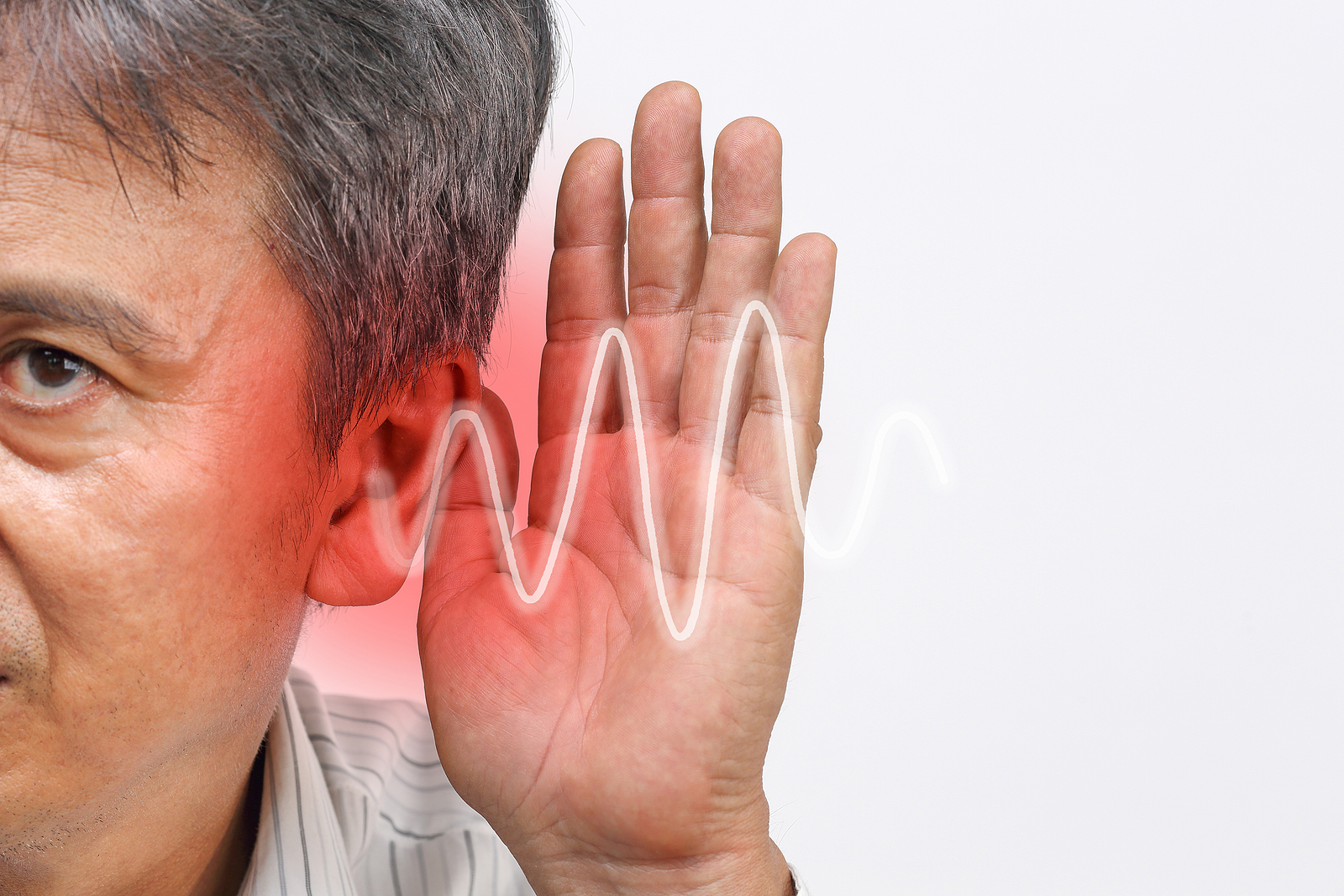
Have you ever experienced a ringing sound in your ears? Maybe after a concert, or being out with friends at a dinner, or even back to back work meetings. This is known as tinnitus, a ringing like noise heard in one or both ears when no external sound is present. Tinnitus can be unpleasant and annoying to deal with. It can disrupt conversations, impact concentration, affect sleep, and contribute to irritability. So where does this noise come from and what can be done about it? Well, let’s first explore a few potential triggers of tinnitus.
- Hearing Loss. One of the main causes of tinnitus is actually hearing loss. It is estimated that 90% of the tinnitus people experience is a result of impaired hearing. Hearing loss most often occurs when sensory cells in the inner ear are damaged. These sensory cells are responsible for sending auditory information to the brain. So when the brain doesn’t receive signals from the inner ear, it can produce abnormal nerve signals. This abnormality can translate as the ringing in the ears you experience.
- Loud Noise Exposure. It is not uncommon to experience tinnitus after a concert, watching sports, attending a party or another event that involves high levels of noise. Exposure to excessive noise can also impact the sensory cells in the inner ear. Loud noise can then cause these cells to send random electrical impulses to the brain which can contribute to tinnitus.
- Earwax. Earwax can accumulate in the ear canal. Some people produce excess earwax and for others, earwax can become too immobile to exit the ears naturally. This can result in an earwax building up and blocking soundwaves from passing through. Physically obstructing sound can produce what is referred to as conductive hearing loss, a type of hearing loss that is temporary and occurs in the middle ear. Sound Waves are prevented from reaching the inner ear which can cause hearing challenges as well as produce tinnitus as a symptom.
- Head Injuries. Head injuries can be another cause of tinnitus. Significant trauma to the head can impact the auditory system – the sensory system for hearing – in several ways that then produces tinnitus. Head injuries can damage the sensory cells in the inner ear, the hearing nerves that lead to the brain, and/or the ossicles bones in the middle ear. These outcomes can impact how sound waves are absorbed and processed, causing hearing loss as well as tinnitus.
- Inner ear disorder. There are different types of inner ear disorders including meniere’s disease which occurs when fluid accumulates in the cochlea. This excess fluid can produce inflammation which impacts sensory cells sending signals to the brain. There are no exact causes of meniere’s disease but experts suggest it may be caused by viral infections, allergies, autoimmune disease, or damaged blood vessels.
- Medications. There are numerous medications that can cause or worsen tinnitus. This includes over the counter pain relievers like advil, motrin, and aleve as well as certain types of antibiotics, antidepressants, and chemotherapy medications. It is important to discuss potential side effects of any medications you may be taking with your doctor.
Tinnitus can be experienced mildly to profoundly. It can be frustrating and disruptive to deal with, affecting health and wellness on a daily basis. Fortunately, there are effective ways you can manage tinnitus.
Tips to Alleviate Tinnitus
Managing tinnitus effectively is informed by the underlying cause that is producing it. It is important to be assessed by your doctor who may also refer you to a hearing health specialist. A few strategies that are used to alleviate tinnitus include:
- Treating hearing loss: hearing aids are a common treatment for hearing loss. These electronic devices alleviate symptoms including tinnitus as well as maximize hearing capacity.
- Tinnitus retraining therapy (TRT): a type of sound therapy, TRT focuses on training the brain to interpret tinnitus as mundane background noise.
- Strategies to manage stress: stress can be a major trigger for tinnitus. Identifying stressors as well as strategies to effectively manage stress is a useful way to alleviate tinnitus.
- Sound machines: creating ambient noise is a helpful way to distract the brain from over emphasizing tinnitus.
